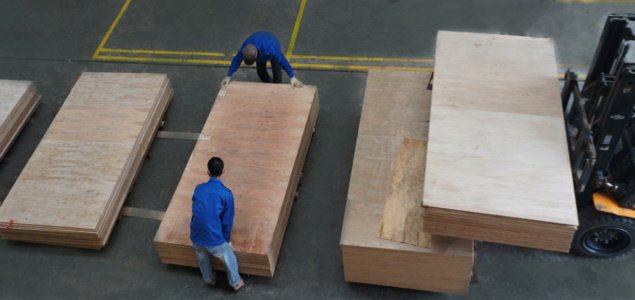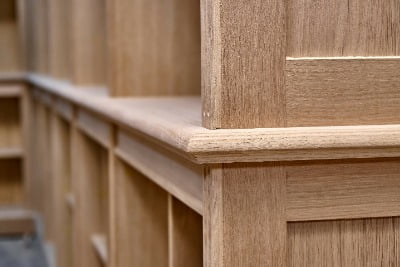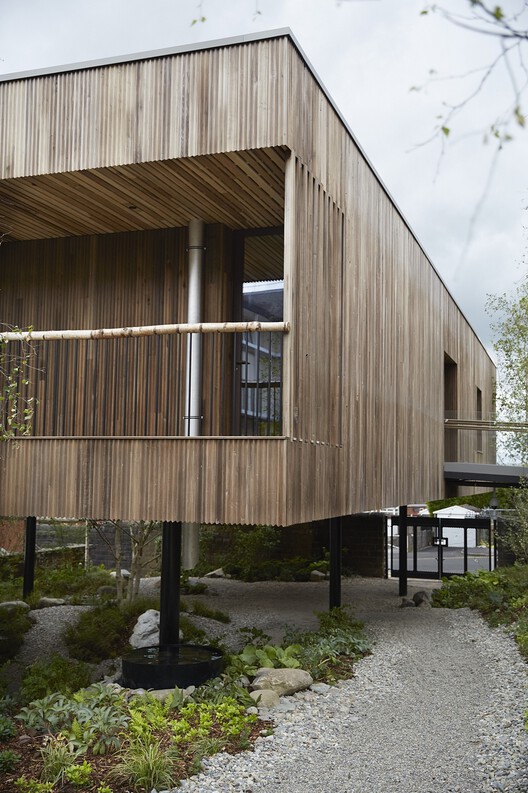The recent endorsement of timber as a key decarbonization tool in construction during COP28 has earned applause from wood processing and manufacturing associations globally. Aligned with the industry’s commitment to sustainability, this move represents a collaborative effort towards global decarbonization goals. The announcement, made at a COP Presidency event under the Forests and Climate Leaders Partnership, co-chaired by John Kerry and Samuel Jinapor, signifies a strategic initiative to address climate concerns. Additionally, a coalition of 17 nations has formally committed to advancing low-carbon construction by significantly increasing the use of sustainably managed forest wood in the built environment by 2030. This article explores the implications of these commitments and the urgent need for collective action to foster a sustainable future.

The recent announcement during COP28, endorsing timber as a crucial decarbonization tool in construction, has garnered applause from wood processing and manufacturing associations worldwide. This pivotal move aligns with the industry’s commitment to sustainable practices and signifies a collaborative effort towards achieving global decarbonization goals.
The pivotal announcement, disclosed during a COP Presidency event hosted by the Forests and Climate Leaders Partnership (FCLP), is generating widespread attention. Co-chaired by John Kerry, the United States Special Presidential Climate Envoy, and Samuel Jinapor, the Minister of Lands and Natural Resources for Ghana, the event signifies a collaborative effort to address climate concerns through strategic initiatives.

A collaborative alliance comprising 17 nations—namely, the Commonwealth of Australia, Canada, the Republic of Congo, the Republic of Costa Rica, the Republic of Fiji, the Republic of Finland, the Republic of France, the Federal Republic of Germany, the Republic of Ghana, Japan, the Republic of Kenya, the Republic of Korea, the Kingdom of Norway, the Islamic Republic of Pakistan, the Kingdom of Sweden, the United Kingdom of Great Britain and Northern Ireland, and the United States of America—has formally endorsed the following collective commitment:
Recognizing the pivotal role of wood sourced from sustainably managed forests in providing climate solutions within the construction sector, we hereby commit to advancing policies and approaches that facilitate low-carbon construction. Our shared goal is to significantly increase the utilization of wood from sustainably managed forests in the built environment by the year 2030. These proactive measures are anticipated to yield a twofold impact: a discernible reduction in greenhouse gas emissions and a notable increase in the sequestration of carbon within the built structures. Through these concerted efforts, we aim to contribute to the broader global initiative for sustainable and environmentally conscious practices in the construction industry.
Launched in September 2023, the International Sustainable Forestry Coalition (ISFC), led by Dr. David Brand as the Convening Chair, has underscored the imperative for rapid action. Dr. Brand expressed that over a third of global emissions emanate from the construction sector and the built environment. In response, he stressed the critical need for nations to expeditiously implement strategies aimed at reducing carbon emissions and augmenting carbon storage. A key focal point in this effort involves a significant increase in the use of timber in building construction. Furthermore, Dr. Brand highlighted the necessity of substituting plastics with fiber-based products and integrating sustainably produced bio-based materials at a substantial scale across textiles, fuels, and pharmaceutical production systems. This comprehensive approach addresses pressing environmental challenges and advocates for sustainable practices across diverse industries.
Source: Fordaq.com




